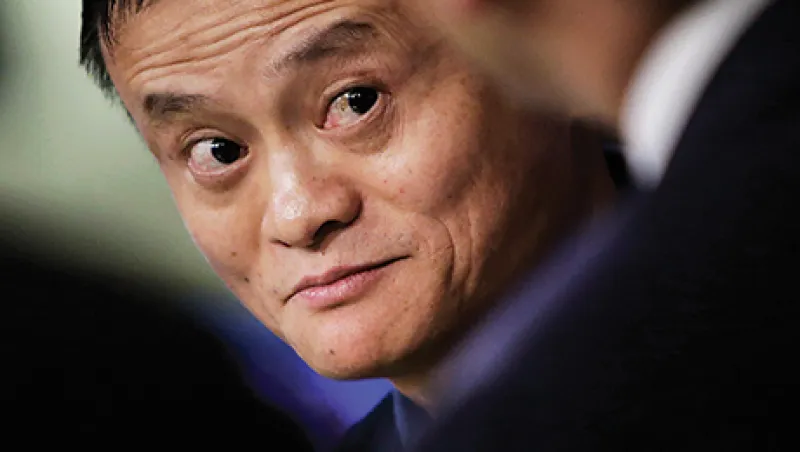Probably the single most contentious debate in emerging markets is the one over the future of China. Views range from those who see China’s economy as a bubble pumped up by excess debt to those who believe the outlook is much more nuanced than the voluble hedge funds would have us believe.
While investors exchange banter over what is truly in store for the world’s second-largest economy, the markets have been changing dramatically. For most investors, China looks very different from only 18 months ago. The makeup of the benchmark MSCI China index has changed significantly as a result of MSCI’s decision to include Chinese Internet stocks not listed in Hong Kong — primarily Baidu and Alibaba Group Holding — in its China indexes for the first time. Internet stocks represented 9 percent of the MSCI China index as of the end of 2014. Now they represent as much as 33 percent. This alteration is a dramatic change in how China is captured in most investors’ benchmarks.
The dominant Chinese Internet companies are collectively known as BAT, short for search engine Baidu, e-commerce giant Alibaba and online entertainment and social media provider Tencent Holdings. These companies are a world away from the more traditional state-owned entities that used to dominate China’s indexes. Alibaba’s consumer-to-consumer Taobao and business-to-consumer Tmall marketplaces have caught the imagination of the Chinese shopper. Tencent’s WeChat, a hybrid messaging app and social network, is purely a product of China and its culture and is not derivative of social media products found elsewhere.
As is the case with many of China’s private companies, however, potential reward is combined with potential risk. China’s Internet effectively bars direct foreign investment: Only Chinese citizens can hold the licenses and own the technology. So how come foreigners are allowed to invest? Ownership of the asset remains in Chinese hands via variable interest entities, but by way of numerous contracts, the economic interest in the asset is transferred to the listed entity and allows international investment. Of the three companies, Alibaba is perhaps the biggest household name, thanks in no small part to its charismatic and visionary founder, Jack Ma. Since its separation from Alibaba, Alipay has become the hub of a broader financial services business privately developed by Ma, now called Ant Financial Services Group. One of the more interesting aspects of the BAT companies is their governance arrangements, which owe more to the U.S. than to any Chinese influence. By that, we at Investec mean how they remunerate their managers and executives and focus on adjusted earnings, which exclude share-based compensation. As Warren Buffett so memorably — and correctly — said in his 1992 letter to shareholders, “If options aren’t a form of compensation, what are they? If compensation isn’t an expense, what is it? And if expenses should not go into the calculation of earnings, where in the world should they go?”
For Baidu and Tencent, share-based compensation over the past financial year amounted to 7 to 11 percent of operating profit and 2 to 3 percent of sales. Remarkably for Alibaba, it amounted to 36 percent of operating profit and 16 percent of sales. Share-based compensation per employee at Alibaba was 13 times that at Baidu and nearly five times that at Tencent. Some of the core governance issues in the Chinese Internet arena are thus very similar to those faced when investing in U.S. equity markets.
And that is the point. As bottom-up stock pickers, we find the Chinese market very interesting, given the diversity of companies within the market and within particular sectors. The economy will inevitably go through good and bad cycles. But in our view at Investec, the ceaseless pace of change will continue.
Archie Hart is a portfolio manager at Investec Asset Management in London.
Get more on emerging markets.






